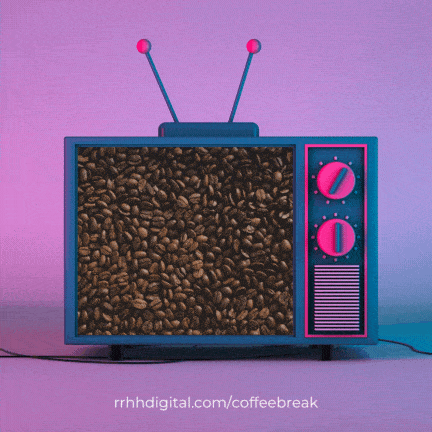A study conducted on mice found that animals that had slept in a fragmented form had more trouble recognizing familiar objects that those who slept without interruption. Studies have shown that the brain uses sleep hours to evaluate the day’s events and decide which ones will keep.
The new research, published in Proceedings of the National Academy of Science (PNAS), analyzed the effect of fragmented sleep in animals, but not the one of shorter duration or lower intensity.
The scientists used a technique called otp genetic, in which specific cells are genetically modified to be able to control with light, also they analyzed a type of brain cell that plays a role in the transformation from dream state to the waking state.
For the memory test they sent pulses of light directly to the brain of animals while they slept. The aim was to disrupt its sleep without affecting total sleep time duration or quality or composition of its dream.
After that, animals were placed in a box with two objects, one of which they had been found previously. It was expected that mice naturally spend more time examining the new object, and those who had been able to sleep uninterrupted did it.
However, those who had fragmented sleep showed equally interested in both objects, suggesting, like scientists say, that his memory was affected. It is known that fragmented sleep affects individuals addicted to alcohol and those who suffer apnea during the sleep, a disorder in which the throat repeatedly close or closes during sleep, restricting the passage of oxygen and causing the person to wake up.
The researchers conclude that regardless of the total amount of sleep or sleep intensity, a minimal unit of interrupted sleep is crucial for memory consolidation.
You can see the article here!
Powered by CAPMAN







Los comentarios están cerrados.